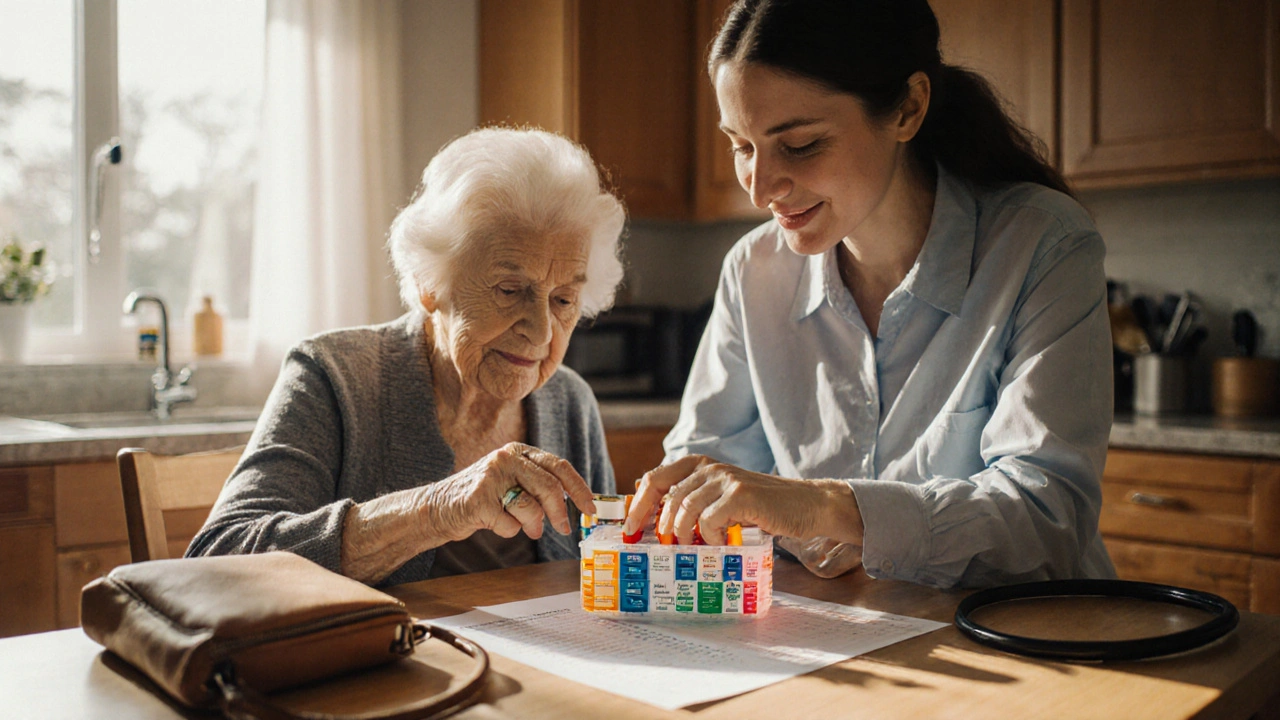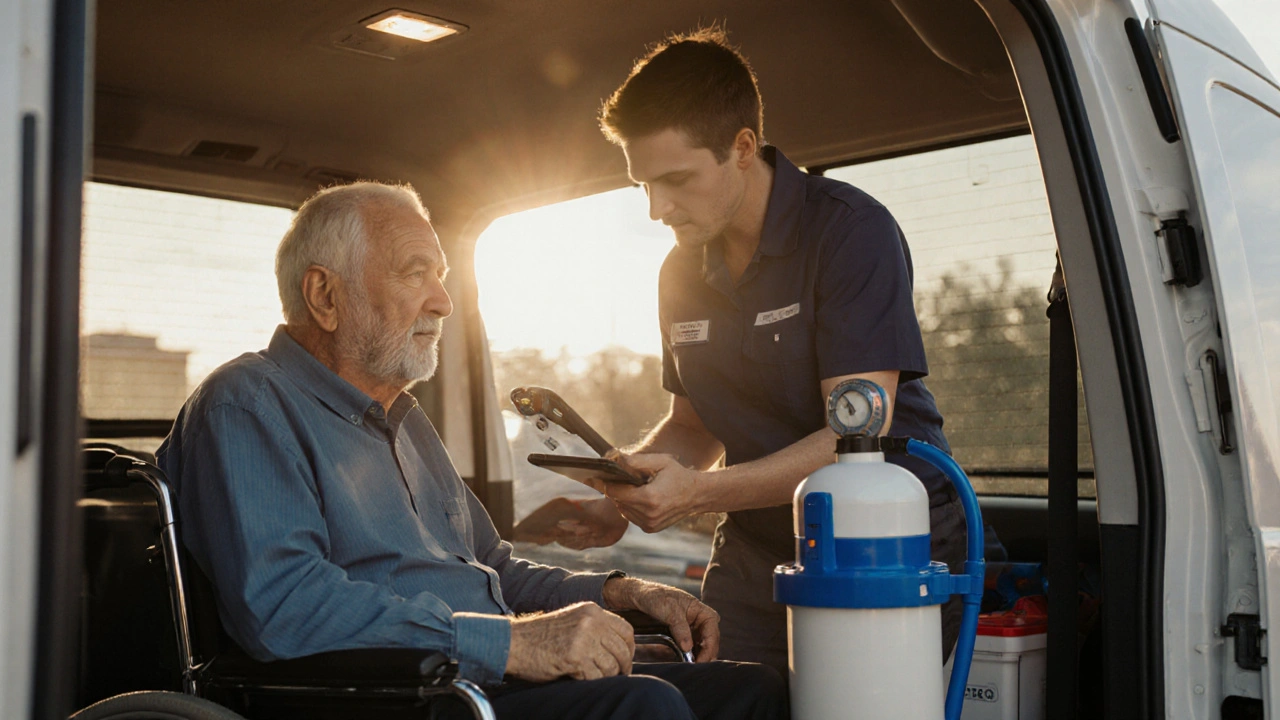Patient Support: How Medical and Tour Escort Services Help People Get Care and Travel Safely
When we talk about patient support, the practical help people get to access medical care, travel safely, or navigate systems that aren’t built for them. Also known as care coordination, it’s not just nurses and wheelchairs—it’s about making sure someone can get to an appointment, speak up in a clinic, or cross a border without being treated like a criminal. For many, patient support means having someone who knows the system, speaks the language, or just sits quietly beside you when you’re scared.
medical escort services, a type of transportation and assistance for people who can’t travel alone due to age, disability, or medical need. Also known as healthcare transport, these services help families get kids to pediatric visits, elderly patients to dialysis, or people with chronic illness to specialist appointments. They don’t just drive—they advocate, translate, and calm nerves. Meanwhile, tour escort services, professionals who guide groups through travel logistics, cultural barriers, and emergencies abroad. Also known as travel companions, they handle visas, airport pickups, and hotel check-ins so you don’t have to figure it out alone. These aren’t luxury perks. They’re lifelines for people who’d otherwise be left behind.
And then there’s the other side of patient support—the kind no one talks about until you need it. sex worker safety, the systems and tools that help sex workers protect their health, income, and legal rights in hostile environments. Also known as survival support, this includes multilingual safety cards, secure payment tools, incident documentation apps, and knowing how to respond when police seize your phone. It’s patient support for people who are told they don’t deserve care, but still need STI testing, mental health help, and legal protection just like anyone else. The same principles apply: reduce risk, remove barriers, give people control. Whether you’re a parent with a child who needs a specialist, a senior who can’t drive, or a sex worker trying to stay safe in a system designed to punish you—patient support is about dignity, not charity.
You’ll find real stories here—not theory. How families use medical escorts to get through hospital visits without panic. How tour guides turn chaotic group trips into smooth experiences. How sex workers document threats before they escalate. How digital tools replace paper cards and handwritten notes with something faster, safer, and harder to erase. These aren’t niche topics. They’re everyday needs for people who don’t fit the mold of a "typical" patient or traveler.

- Nov, 23 2025
- 0 Comments
Medication Management During Appointments: How Medical Escort Services Help Patients Stay on Track
Medical escort services help patients manage medications during doctor visits by verifying doses, preventing errors, and ensuring accurate communication with healthcare providers. A practical guide for seniors and caregivers.
read more
- Nov, 1 2025
- 0 Comments
Chronic Illness Management: How Medical Escorts Coordinate Multiple Appointments
Medical escorts help people with chronic illnesses manage multiple appointments by coordinating transport, medication, equipment, and communication between clinics-reducing missed visits and hospital readmissions.
read more